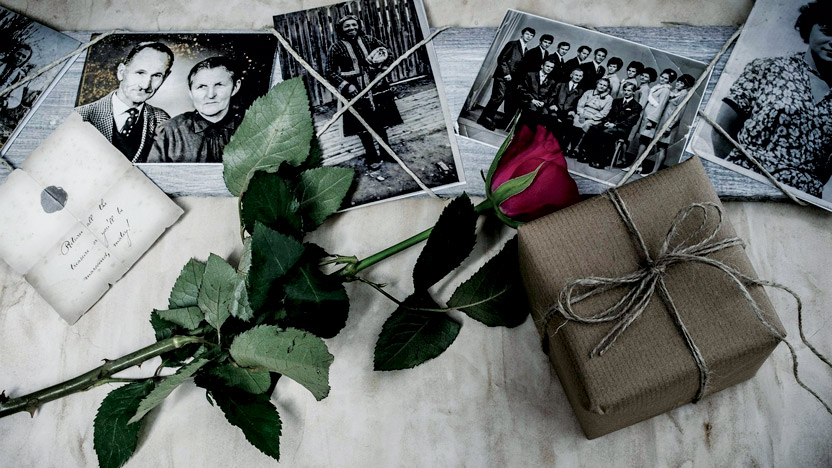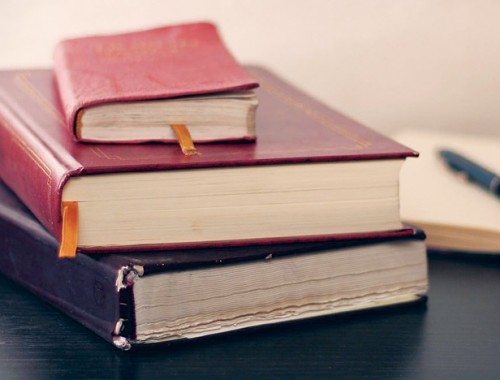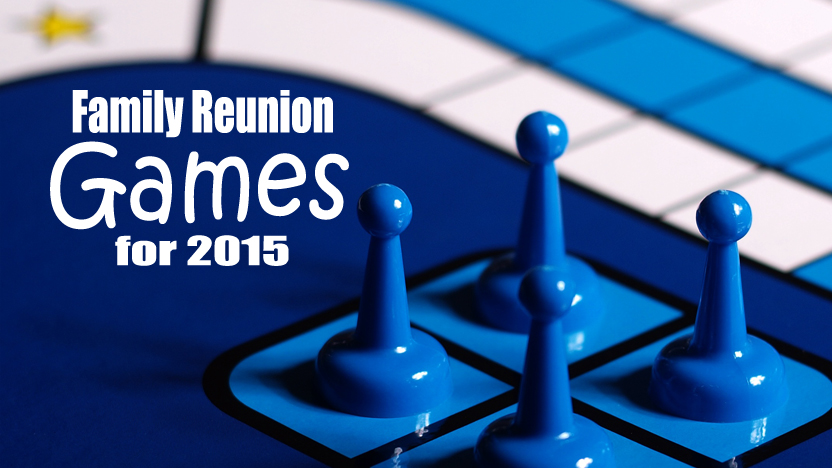Despite high infant mortality rates and lower life expectancy, not one of your direct ancestors died childless.
That fact, in and of itself, reveals that you are a descendant of some pretty amazing people.
Learning more about ancestors and family history has the power to enrich life. Those who put in the time to research their past often discover the inspiring victories their ancestors achieved, or reveal heart breaking struggles that they overcame. Your life is an epic story, thousands of years in the making, and knowing your fore-bearers stories can help you tell your own.
Family History Leads to Personal Resilience
There is real power in learning about the lives of our ancestors. One study found that children who know about their family history are more resilient than those who don’t. The study began when Marshall Duke, a psychologist at Emory University at the time, was asked to help explore myth and ritual in American families. Says he, “There was a lot of research at the time into the dissipation of the family, but we were more interested in what families could do to counteract those forces.”
As Dr. Duke was exploring options, his wife, Sara, had an interesting observation. Sara, a psychologist working with children facing learning disabilities, noticed an interesting trend among her students. “The ones who know a lot about their families tend to do better when they face challenges.”
To test whether family history and resilience were related, the pair developed a “Do You Know?” scale of 20 questions asking children about their ancestors, such as “Do you know where your mom and dad went to high school? Do you know where your grandparents grew up? Do you know the story of your birth?” These questions, along with recorded dinner table conversations, given to over 40 families found that there was, indeed, an “overwhelming conclusion.” The more children knew about their family’s history, the higher their self-esteem.
Of this finding, Dr. Duke said, “We were blown away.”
But what is it about family history that makes children resilient?
Survival is Possible
Family History stories can show that no matter what a family has gone through, good, bad, or ugly, the ancestors survived, and so can family members today. Dr. Duke explains, “It’s called the oscillating family narrative: ‘Dear, let me tell you, we’ve had ups and downs in our family. We built a family business. Your grandfather was a pillar of the community. Your mother was on the board of the hospital. But we also had setbacks. You had an uncle who was once arrested. We had a house burn down. Your father lost a job. But no matter what happened, we always stuck together as a family.’ ”
That heritage of uniting with family, and pushing through hard times together no matter what unexpected bumps appear in the road, teaches children that they too, can push through hard times.
Part of Something Bigger
Children who know their ancestors and history are given a knowledge that they are not the only person who has ever gone through hard times, but that’s not the only benefit.
Writer and best-selling author, A.J. Jacobs, shared that when his family learned they were related to Albert Einstein, they became much more interested in history. Jacobs said that to them, it was like, “Oh, it’s Uncle Albert. Let’s figure out what he said.”
In addition to better relating to the past, those who seriously invest themselves in family history gain a lot of skills useful to the present. Recording Family History means using spelling, fact checking, source siting, computer skills, research skills, and more. It also has the power to increase confidence and self worth as those skills are mastered.
Are you interested in getting your kids involved in your family’s history? Here are four fun ways to get them started.




